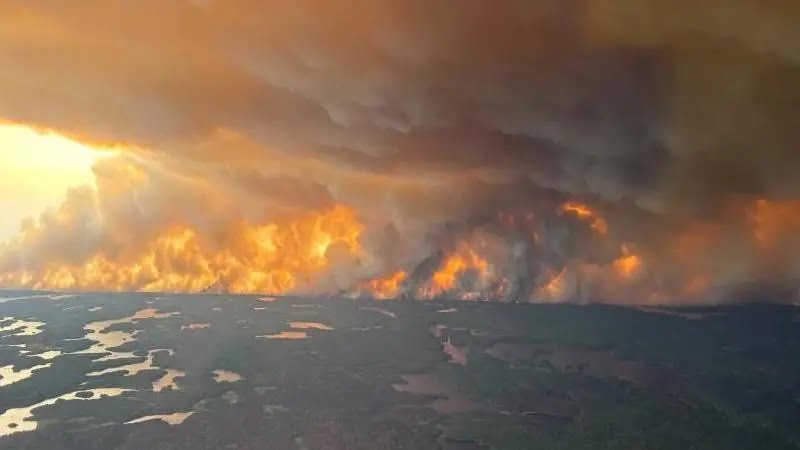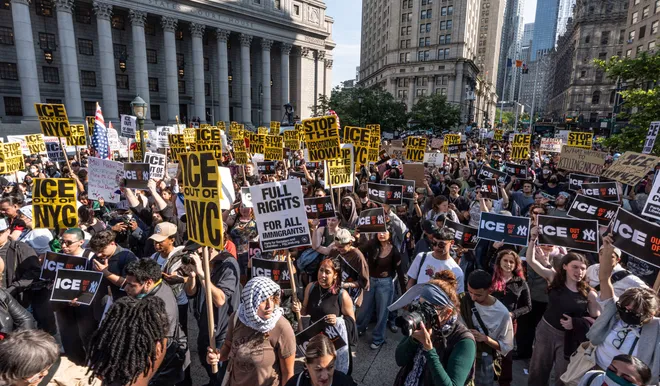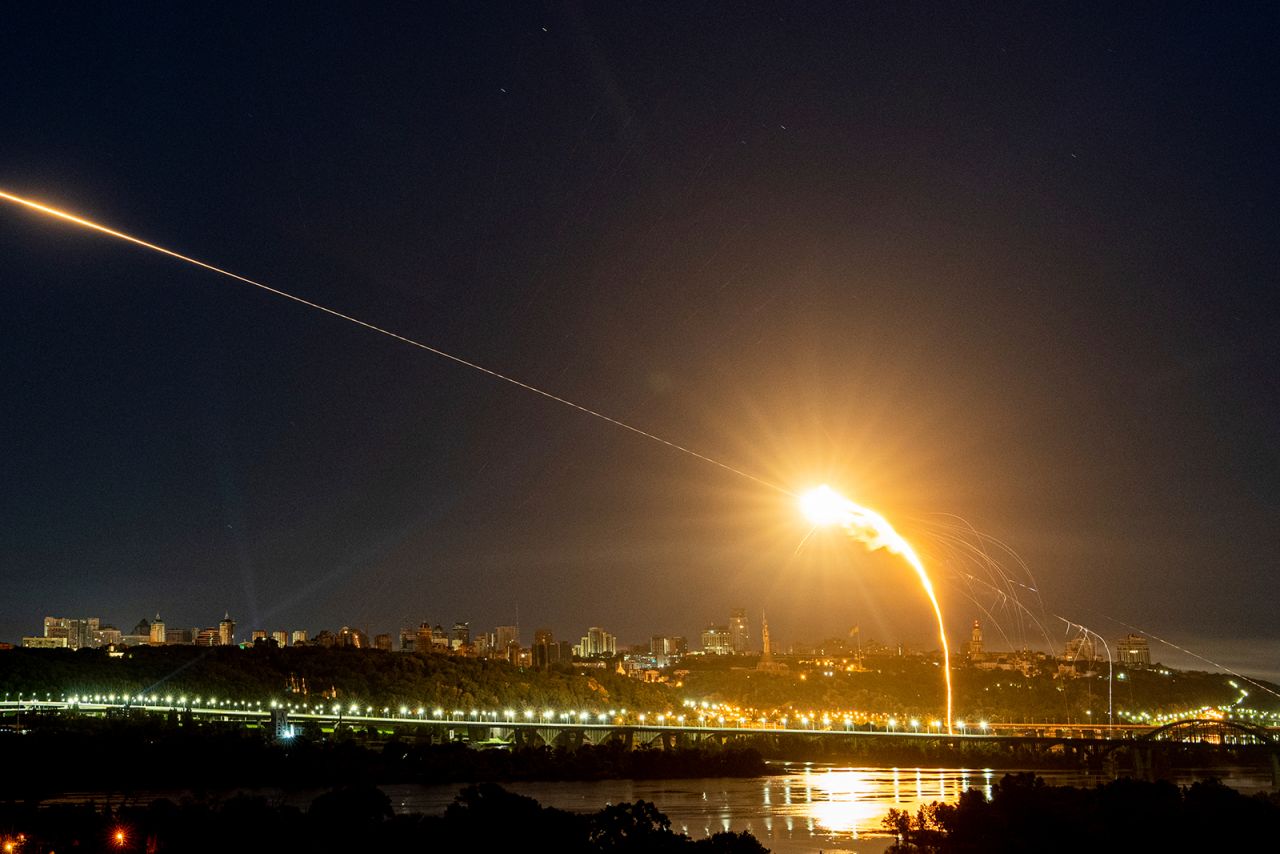A rapidly intensifying wildfire emergency in Western Canada has expanded into another province, forcing thousands more to evacuate and prompting urgent calls for national coordination as blazes rage out of control across multiple regions.
The latest evacuations were ordered in Saskatchewan, where officials reported fast-moving wildfires threatening several communities, following weeks of devastation in British Columbia and Alberta. The spread of the fires across provincial lines has raised alarm among authorities, who say the situation is becoming increasingly difficult to manage.
As of Tuesday, more than 30,000 people have been displaced across western provinces, with hundreds of homes destroyed and entire towns facing severe air quality risks due to thick smoke. Emergency officials warn that the crisis may worsen in the coming days due to dry conditions, high winds, and unusually warm temperatures.
In a public address, Canadian Public Safety Minister Dominic LeBlanc said the federal government is coordinating with provincial leaders and emergency response teams to mobilize all available resources. “We are facing an unprecedented wildfire season, and our first priority is saving lives and protecting communities,” LeBlanc stated. “This is a national emergency.”
Local authorities in Saskatchewan ordered the evacuation of Buffalo Narrows, a northern community near a growing blaze that tripled in size overnight. The fire is being fueled by extremely dry vegetation and shifting winds, with aerial footage showing flames encroaching on residential zones and infrastructure.
Alberta, already grappling with more than 90 active fires, continues to operate under a state of emergency in several districts. Firefighters from across Canada and international reinforcements have been deployed, including units from the United States, Australia, and New Zealand.
British Columbia remains one of the hardest-hit provinces. The Cariboo region and areas near Fort St. John are experiencing some of the worst conditions, with several fire fronts burning uncontrollably and endangering rural communities. The province’s fire agency said more than 1,000 firefighters are now on the ground, supported by air tankers and helicopters.
Residents have shared harrowing images of scorched forests, abandoned homes, and orange skies. In many towns, roads are closed, hospitals are overwhelmed, and temporary shelters are nearing capacity. Volunteers and local businesses have stepped in to provide food, water, and basic supplies to displaced families.
The environmental impact is also mounting. The fires have destroyed vast tracts of boreal forest, disrupted wildlife habitats, and contributed significantly to carbon emissions. Experts say climate change is playing a critical role in both the frequency and intensity of the fires.
“The patterns we’re seeing are no longer anomalies — they are part of a dangerous new normal,” said Dr. Rachel MacDonald, a climatologist at the University of British Columbia. “Canada must adapt rapidly to fire-prone landscapes, including investing more in prevention, early response, and climate resilience.”
Meanwhile, Indigenous communities have raised concerns about the lack of tailored emergency support. Several First Nations leaders say their members were left without adequate warnings or transportation to evacuate safely. The federal Indigenous Services Ministry has pledged to increase coordination with local tribal councils.
Prime Minister Justin Trudeau, who is monitoring the crisis from Ottawa, called the fires “deeply concerning” and said additional federal aid, including military assets, will be made available. “We stand with all Canadians affected by this disaster,” Trudeau said during a cabinet meeting. “We will provide every necessary support to ensure recovery and safety.”
Weather forecasts predict little relief in the coming days, with continued heat and only isolated chances of rain. Emergency alerts remain in effect across large swathes of western Canada, and residents are urged to follow evacuation orders and air quality advisories closely.
As the country faces what could become one of its worst wildfire seasons on record, government officials and environmental advocates are renewing calls for a national wildfire strategy and accelerated climate action to prevent future catastrophes.
Source: BBC



